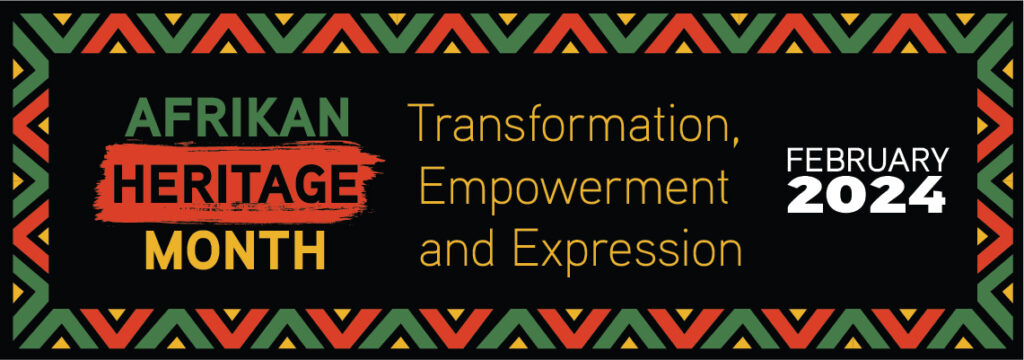

Join us via Zoom: https://bmcc-cuny.zoom.us/j/86779062496?pwd=ZG9kV3RkcysyMmszQnF1eHFtYmRqQT09
Meeting ID: 867 7906 2496
Passcode: 874837
The following film will be shown today:
Sarah Maldoror Simbizanza 1972 1hr: 37Mins. Angola and Republic of the Congo
This revolutionary bombshell by Sarah Maldoror chronicles the awakening of Angola’s independence movement. Based on a true story, Sambizanga follows a young woman as she makes her way from the outskirts of Luanda toward the city’s center looking for her husband after his arrest by the Portuguese authorities—an incident that will ultimately help to ignite a national uprising. Featuring a cast of nonprofessionals—many of whom were themselves involved in anticolonial resistance—this landmark work of political cinema honors the essential roles of women, as well as the hardships they endure.
The most significant expression of Maldoror’s artistic and political commitments is Sambizanga (1972), a cinematic work of immense historical and cultural importance that stages a reckoning with the interlocking systems of colonialism, capitalism, and patriarchy. This film, about the Angolan struggle for independence from Portuguese colonization, made her one of the first women of African descent to direct a feature film on the African continent and was awarded the prestigious Tanit d’or grand prize at the 1972 Carthage Film Festival. Regrettably, a serious assessment of the importance of Maldoror’s contributions has come only after her passing in 2020. With the restoration of Sambizanga presented in this release, her only completed narrative feature has found a second life of chromatic vibrancy, making more apparent than ever its position as a bright jewel of revolutionary filmmaking.
The narrative arc of Maldoror’s film follows Maria (played by Elisa Andrade, a Cape Verdean economist), an Angolan woman whose tractor-driver husband, Domingos Xavier (Domingos de Oliveira), is brutally taken by the colonial secret police and imprisoned on suspicion of insurgent activity. With their baby on her back, Maria carries the story forward as she leaves their village to find him. For Maldoror, there was a personal dimension to Sambizanga’s story line: her life partner, the Angolan poet and intellectual Mário de Andrade—who co-wrote the screenplay with Maurice Pons—was one of the earliest leaders of the Popular Movement for the Liberation of Angola (MPLA); the couple were also part of an internationalist social sphere that included such renowned figures as the Guinea-Bissauan and Cape Verdean revolutionary leader Amílcar Cabral, and the Martinican anticolonial writer Aimé Césaire, who is the subject of four of Maldoror’s nonfiction films. The director’s intermingled social, political, and artistic worlds directly influenced the forms of Pan-Africanism and anticolonial solidarity that animated her filmmaking practice.
See the complete list of films (pdf) in this series.
See a list of all Afrikan Heritage Month events. Attend 2 or more events for Co-Curricular Transcript credit.
For more information, contact Professor Horace Brockington at hbrockington@bmcc.cuny.edu.